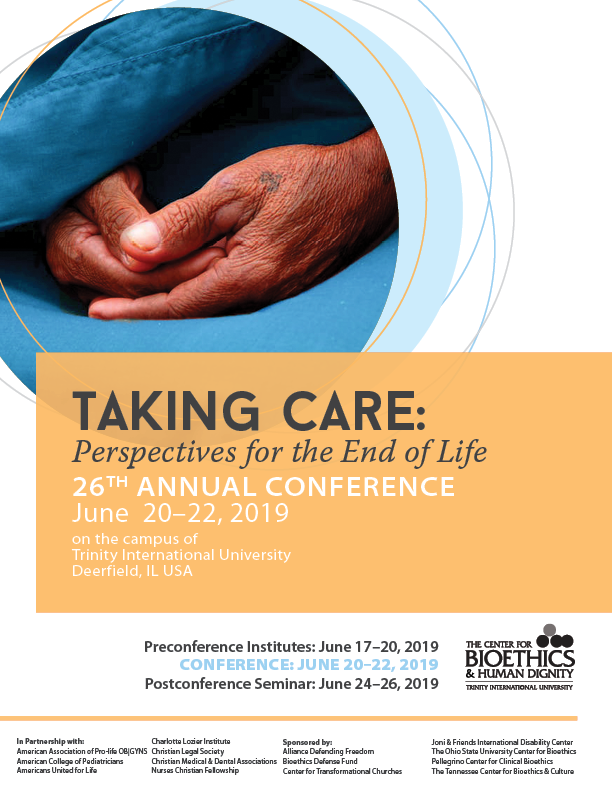
Recently, two doctors from Western University in Ontario and Harvard bioethicist Robert Truog have argued for the abolition of the ‘dead donor rule’ to facilitate organ donation from patients seeking the recently legalized (in Canada) physician-assisted suicide or voluntary euthanasia. They argue that the dead donor rule, which establishes a “firewall” between the medical team treating the patient and the organ procurement team, a protocol that depends on a circulatory determination of death marked by a varied period of pulselessness, often compromises organ viability due to ischemia. If, however, organs could be extracted through voluntary euthanasia, patients could achieve a more rapid and peaceful death, and the donated organs would have the highest potential of serving the greatest good. As far as the authors are concerned, a change in the Canadian criminal code and allowances for conscientious objectors are the main ethical hurdles. By drawing on the work of Jeffrey Bishop, in particular, The Anticipatory Corpse, I will argue that the organ donation enterprise, while motivated from legitimate concerns, nevertheless suppresses the tragic element of death and thus more potentially formative responses to it. Moreover, with the help of Bishop as an able interpreter of Foucault, I will explore how the medical perspective on death is rooted in a reductionist epistemology and metaphysic of embodiment, ultimately giving rise to a “decisionist” or voluntarist ethic that all but mutes the moral significance of the body. I will also show how Truog’s rhetoric reflects this muting, being animated by the principles of modern bioethics and a nascent utilitarianism. Finally, Paul Ramsey’s prescient reflections on the tensions inherent in organ donation and the limits to ‘laying down one’s life for another’ will be appropriated in laying the groundwork for a more properly Christian approach to organ donation vis-à-vis the moral significance of embodiment.